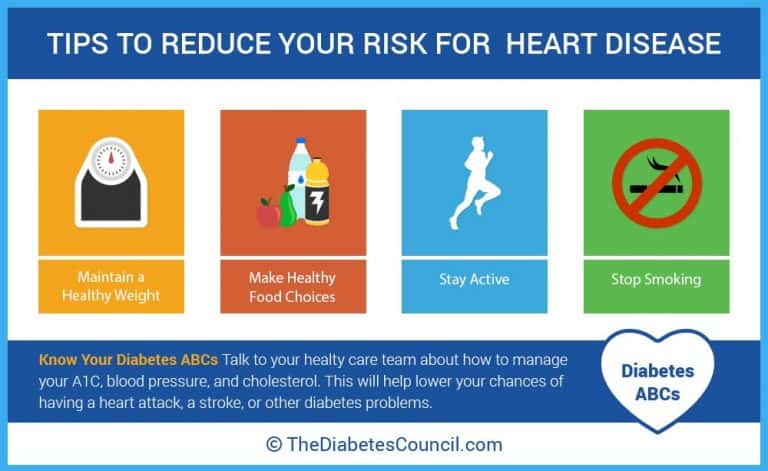Lifestyle Changes vs Medication When Each Is Right
Folder:
Blog At one point or the other, people decide to get serious with their health and require help with . But after making assessments in the usual manner, it is often easy to find that they aren't serious, committed or even motivated. While they may not seem like it, you often find that they miss medications even when they know they have chronic disease risk factors. For some they may have not tolerated the medications well and would need to explore other options.

The other options for such patients are quite readily available as different Associations and Organizations all recommend lifestyle changes such as weight control, exercise and diet as the first approach to lowering cholesterol. Such method is referred to as therapeutic lifestyle changes, TLC.
An emphasis has been placed on TLC by the American Diabetes Association for both the management and prevention of diabetes. Although medication is often used in the case of management. TLC has also been recommended by the Joint National Committee on Prevention, Detection, Evaluation, and Treatment of High Blood Pressure as the first and best methods for managing elevated blood pressure.
Even the American Cancer Society recommends TLC and it's evident that the dietary recommendations of these groups overlap. The emphasis in these recommendations is on foods that minimally processed, close to nature and rich in nutritional value. Foods like beans, fruits, nuts, vegetables, whole grains and many more. Weight control, regular physical activity at a moderate level that is one of the gradual results of being active and eating well are also part of the recommendations.
There is ample evidence to the fact that this basic approach really works when religiouslg followed. The Diabetes Prevention Program showed that TLC was about twice as effective as the use of the drug metformin in trying to prevent diabetes in high-risk individuals and essentially reducing its occurrence by 58%.
This shows that there is nothing radical at all in patients who are reticent about taking medications if they try to modify cardiometabolic risk using a lifestyle intervention. When you do this with the assistance of your doctor, the results are usually gratifying. You could lose credible weight by making sustainable and sensible changes to your physical activity patterns and diet. It is possible that the weight loss experienced at first may not reflect the gain of muscle and loss of body fat if you're exercising vigorously.
TLC usually won't work due to lack of follow through but works well enough when adopted well.
There is really no question in the scientific literature that body fat loss can seriously be more than weight loss in people who are exercising and gaining muscle. TLC works in a slower fashion when compared to statins or antihypertensives but at the end it is safer and more potent. Lifestyle can help to reduce chronic disease risk by almost 80% and no single drug can come close to that. But of course, medication should be used when TLC isn't bringing results as expected for any reason.
